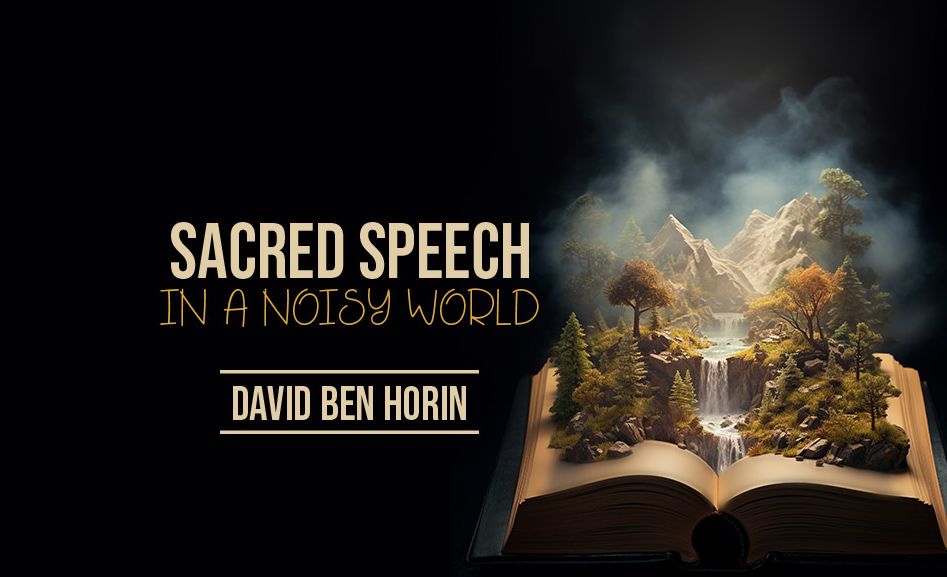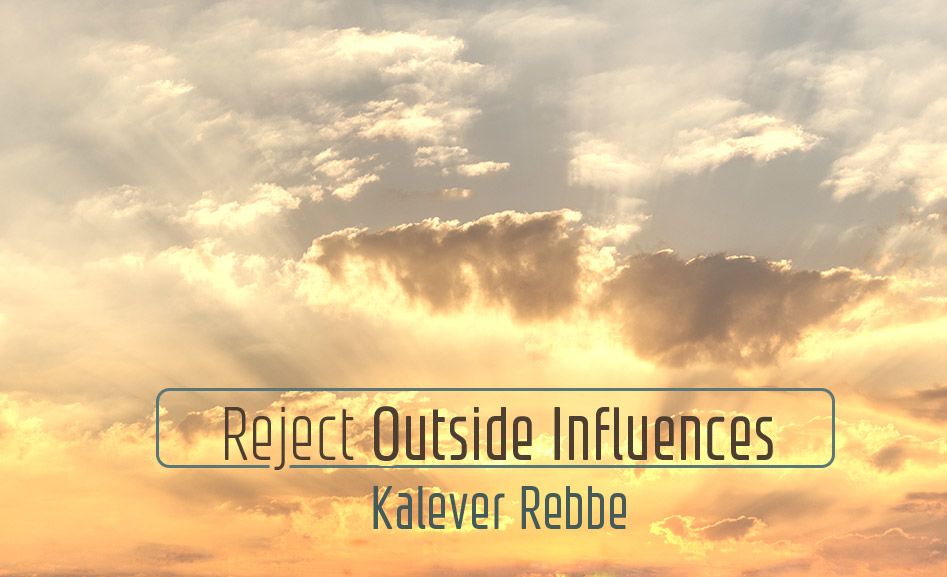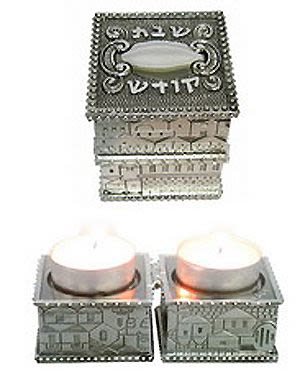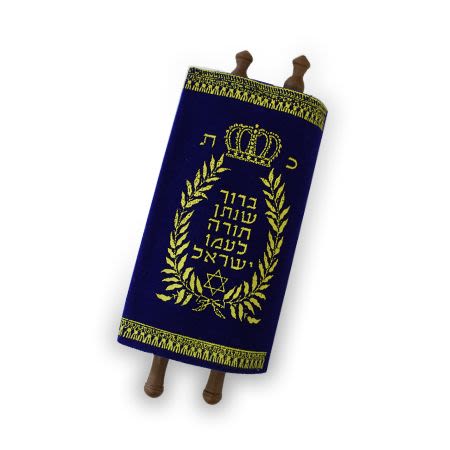
Reciting “Song of Songs”
If a person did something wrong, Heaven forbid, which would have incurred punishment in Gehinnom, reciting Song of Songs of Friday afternoon can atone for him...

“Song of Songs”– An explanation of why we recite the Song of Songs on Friday afternoons
The Midrash Talpiyot, based on the Zohar in Parshat Noah, writes that the souls of the wicked condemned to suffering in Gehinnom (Purgatory) are given a reprieve from their suffering during the times when we are praying here in this world. Each of the three daily prayer services, the Midrash Talpiyot writes, lasts for an hour-and-a-half. (It seems that in the olden days the Tzaddikim spent a full 90 minutes on each prayer, even Mincha and Maariv!) This means that the wicked enjoy 4.5 hours of relief a day (three 90-minute periods), or 27 hours a week (4.5 X 6), excluding Shabbat, throughout which the wicked are in any event given a reprieve.
It thus emerges that out of the 144 hours in the workweek (24 X 6), the souls of the wicked spend 117 hours (144 – 27) suffering in Gehinnom. The Book of Shir Hashirim (Song of Songs) was composed by King Solomon and contains 117 verses, corresponding to the 117 hours of suffering endured by the souls of the  wicked each week. And thus as we end the week, we read this book in case, G-d forbid, we had done something during the week for which we deserve being condemned to Gehinnom.
wicked each week. And thus as we end the week, we read this book in case, G-d forbid, we had done something during the week for which we deserve being condemned to Gehinnom.
Our reading of this book at the end of the week serves as a Tikkun (rectification) for anything we might have done to earn this kind of harsh sentence. King Solomon wrote this book to atone for the three sins that he committed, violating the Torah’s restrictions on the amount of wives, wealth and horses a king is allowed to have. Each violation is punishable by 39 lashes, and so he composed the 117 Pesukim of Shir Hashirim (39 X 3) to atone for these transgressions. The simple reason for reading Shir Hashirim as Shabbat begins is because it refers to the Jewish people as a “Kalla” – the Almighty’s bride (“Bati Le’gani Ahoti Kalla”; “Libabtini Ahoti Kalla”), and it thus relates to Shabbat, which is also called a “bride,” as we say in the Friday night prayer, “Bo’i Kala, Bo’i Kala, Bo’i Kala.” In light of the importance and value of reading Shir Hashirim before Shabbat, everyone should make an effort to arrive at the synagogue on time on Friday afternoon and to participate in the reading. The reading of Shir Hashirim is not a time for socializing or other activities. It is an important part of prayers in which everyone should participate, especially in light of the fact that, as our sages teach us, whereas all books of the Tanach are “Kodesh” (holy), the Book of Shir Hashirim is “Kodesh Kodashim” – “holiest of the holy.”
Editor’s note: Whereas Sefardim are accustomed to reciting “Shir HaShirim” in the synagogue before ushering in the Sabbath, Ashkenazim do not. The Breslever Ashkenazi custom is therefore to recite “Shir Hashirim” on Friday afternoon after immersing in the mikva – LB
* * *
Reprinted with kind permission of www.dailyhalacha.com










Tell us what you think!
Thank you for your comment!
It will be published after approval by the Editor.